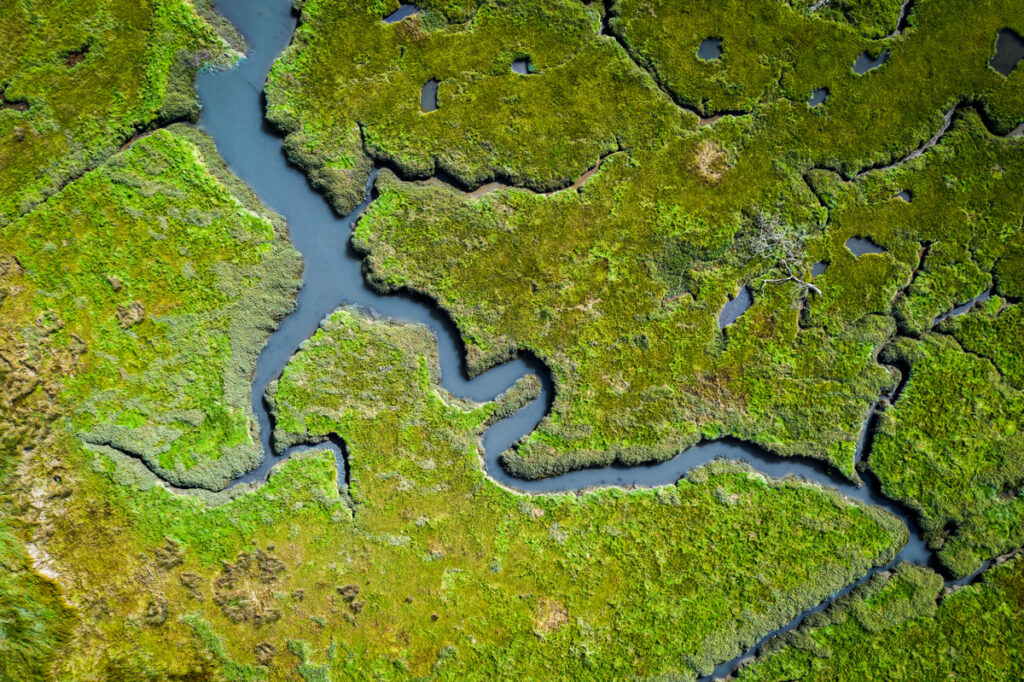
Ramifications
There is no international convention for the way in which water is traded and certainly no common market providing a unified price. Price varies depending on political and geographic factors in the area of origin of the water. This has created inefficiency in the way that water is allocated; with unbalanced appropriation in various commodities and products (the manufacture of a simple T-shirt can require over 4 tons of water!).
As urban populations increase and given current volatility in the world climate, demand for water has been sharply on the increase.
Aqua Index promotes markets in water as a way to correct these inefficiencies. A market based price incentivizes producers to allocate resources more responsibly.
In addition, a water market may be the most efficient and effective way of distributing (and releasing) scarce water resources, as well as allocating water rights to those who value them most.
Ramifications of international trade in water:
ECONOMIC
- Balance in the use of water for various commodities and production processes.
- Economic based, not consumer based (e.g. T-shirt manufacture in China using tons of water per T-shirt versus food production for the hungry).
- A value for water reserves will free up sources that are not currently available for trade.
- Can save countries that are in economic turmoil, but have large water reserves, not only by the ability to sell reserves, but also by enabling them to borrow against this asset (e.g. Iceland, Ghana, Ireland).
- Water’s use as collateral can provide a much needed engine driving economic growth.
ENVIRONMENTAL
- Reduced wastage when water has a value.
- Historically increased demand has led to supply-side solutions such as dam and aqueduct construction. These have high capital costs and cause environmental damage. Water markets can shift the burden of water storage (and maintenance) to water suppliers.
- Investment in and rehabilitation of water sources that have been neglected.
